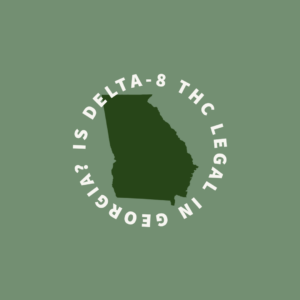For the members of the CBD, Hemp and other cannabis related industries and marketplaces, the recent announcement originating from the U.S. House of Representatives signified another step towards realizing the goal of bringing safe CBD and its derivative products to every American home. Let’s take a look at the new CBD Bill that was recently introduced.
Recent Announcement
On Thursday, four members in the U.S. House of Representatives introduced a bill aimed at creating a national framework aimed at regulating hemp-based CBD food and beverages. The CBD Product Safety and Standardization Act of 2021 would place quality standards on all hemp-derived CBD within food. It would also direct the FDA to issue regulations for labeling and packaging requirements including conditions of use. The Food and Drug Administration would also be able to set a maximum amount of CBD-containing food per serving. The bill was designed to place a focus on food rather than other dietary supplements.
The bill was introduced by 4 members of Congress, including – Rep. Kathleen Rice (D-NY), Reps. Morgan Griffith (R-Va.), Angie Craig (D-Minn.) and Dan Crenshaw (R-Texas). According to a press release put out by Rep. Kathleen Rice – “CBD products are exploding in popularity, but the lack of federal regulation surrounding them has put consumers at risk and left businesses looking for clarity”. She also mentioned that the bill would put a strong regulatory framework that is needed to provide stability for business and ensure unsafe products do not make it to the shelves.
Where Things Stand Right Now
At the moment, the FDA has stated that U.S. law prevents the adding of CBD to food. They also claim it prohibits adding cannabis derived compounds within dietary supplements because of its initial classification as a drug. But critics of the FDA have come out to slate the agency. They state that by its inability to establish national rules, the health agency has prevented growth within the sector. They also claim it’s a failure to adequately protect consumers from unsafe and mislabeled products. Supporters of a national framework have also complained that a patchwork of state regulations could be unduly burdensome for businesses.
Representative Morgan Griffith (R-Va.) had this to say regarding the new bill – “Demand for CBD products has surged, but Food and Drug Administration regulations do not reflect this new reality. As a result, adulterated or unsafe products are available that threaten consumer health. The CBD Product Safety and Standardization Act would require the FDA to address the issue and ensure more certainty in the CBD marketplace.”
Rep. Griffith is also a co-sponsor of the H.R. 841 bill, a bill introduced in February aiming to legalize hemp-derived CBD within dietary supplements provided the supplements comply with the relevant requirements of the FDA. The bill also has dozens of co-sponsors. It could be the subject of a hearing within the House Committee on Energy and Commerce.
What the Cannabis Community Has to Say
All these moves have met with glowing remarks from manufacturers and other stakeholders within the industry. Within a press release, Betsy Booren, the SVP of regulatory and technical with the U.S. Hemp Roundtable and Consumer Brands Association – whose members include food and drink companies- labelled the bill a welcome step toward giving consumers consistency and promoting safety that goes across state lines.
The facts regarding this bill are simple. This bill would allow the FDA to regulate CBD as it would any other food ingredient and levy safeguards to make sure accountability is present. The bill also places a demand on the agency to establish CBD content limits, packaging and labeling requirements and determining the right category of food CBD is appropriate for. The bill would distinguish responsible companies from companies peddling substandard products. Substandard products on shelves could potentially harm users and hinder the growth of the industry.
Final Thoughts
We’re curious to see what happens with this bill, and whether or not regulations will come to be after all. Our industry certainly could use it and the same goes for consumers.



